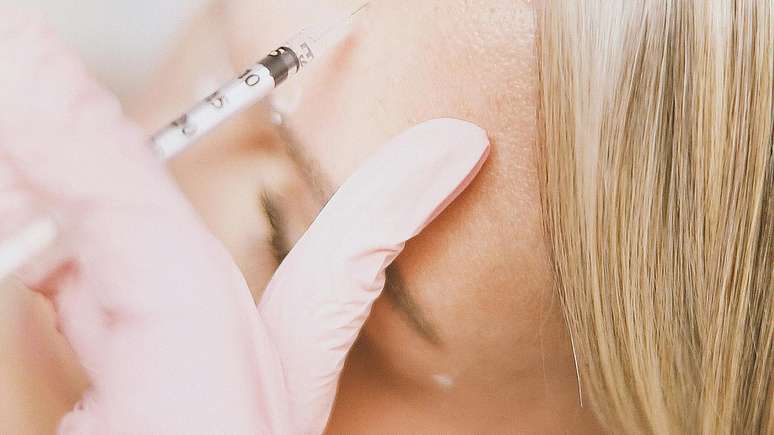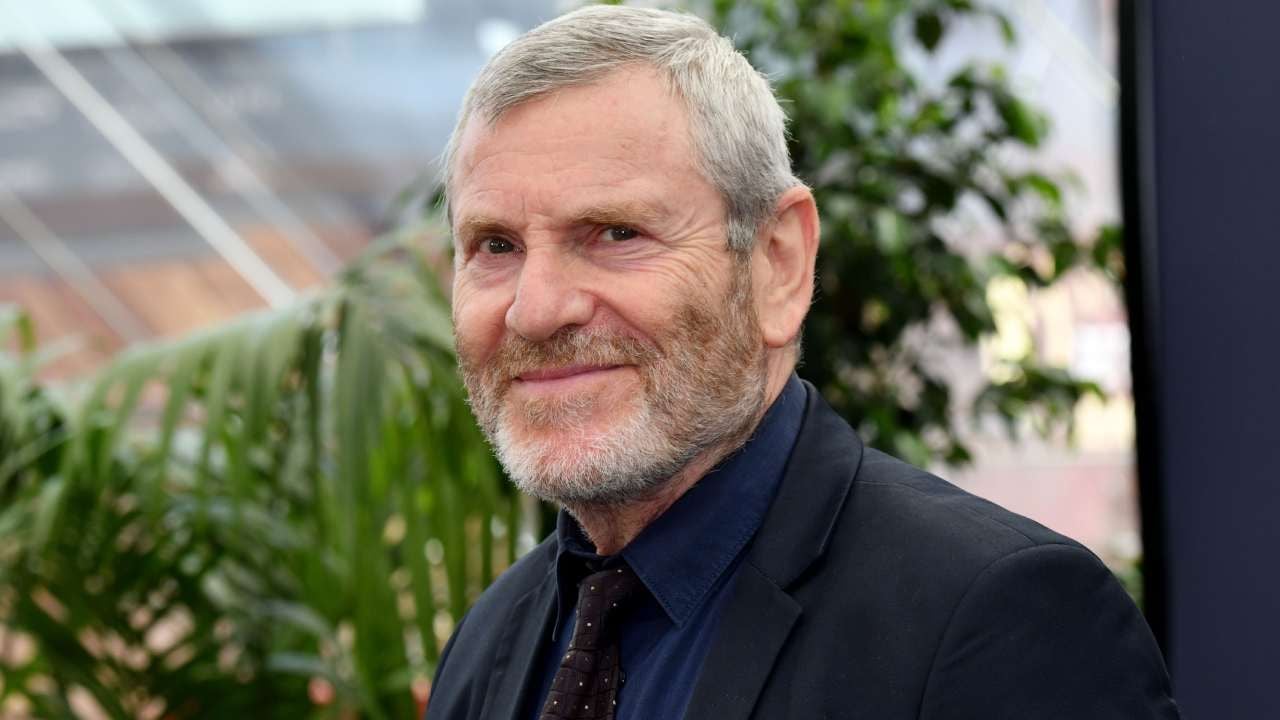The Ministry of Health’s recommended vaccination level of 95% has not been reached since 2015. Last year the index was only 67.94%, but there is hope for a turnaround. Manaus stands out with the highest rates
In late February, the federal government launched the National Mobilization for Vaccination, a campaign that aims to bring Brazil back to the benchmark in immunization. The mission is led by Health Minister Nísia Trindade Lima, who spent her first months at the head of the portfolio on the task of rebuilding bridges. “The ministry had to face the big problem of a clear loss of coordination. Our first steps were to regain the trust and commitment of all the bodies necessary for the vaccination effort to reach the entire population”, describes the minister. Graduated in Political Science and PhD in Sociology, she has extensive experience in the health field: she was head of the Oswaldo Cruz Foundation (Fiocruz), one of the institutions that led the fight against covid-19 in the country, throughout the period of pandemic.
The objective of the Mobilization is to return to a level above 90% of vaccination coverage: this is the indicator that estimates the share of the target population reached. The last time this happened was in 2015, during the government of Dilma Rousseff, when the index reached 95.07%, according to data from the National Immunization Program Information System. The following year, Constitutional Amendment 95, which froze public investment, caused drastic cuts in health information and awareness campaigns.
The results were soon noticed in the gradual decline in vaccination levels, aggravated during the administration of Jair Bolsonaro, the only case of a Brazilian president taking a stand against vaccines. Survey conducted by
Estadão revealed that all presidents, even during military rule, supported immunization campaigns. Before the Bolsonaro administration, vaccines had never been used as an argument for political polarization – so much so that an iconic scene in this sense occurred in 2008, when the then governor of São Paulo, José Serra, who had been minister of Health, President Lula, a historic political opponent, simulated vaccination to promote the vaccination campaign (he only simulated, because, being an economist and not a health professional, he was not qualified to effectively apply the vaccine).
Manaus is an example
Vaccination coverage in Brazil was only 67.94% last year, going from 63.03% in the North to 74.21% in the South. Tocantins stood out with the best index among the Units of the Federation (78.06 %), with Amapá at the other extreme (49.06%). The “bottom” was almost left with Rio de Janeiro, which appeared in second-to-last position, with a coverage of 51.43%.
Among the capitals, the worst performance was that of João Pessoa (PB), with a coverage of 40.38%. The vaccination champion was Manaus (AM), with a rate of 79.91%, reflecting a long-term effort that resulted in above-average levels for many years. An important part of this work concerns periodic campaigns, such as the one held on May 20, a Saturday, entitled D-Day of the Multivaccination Campaign, promoted by the city hall to increase coverage rates among the population up to 14 years old.
The result was the application of 75,970 doses of vaccine at 229 service points, operating from 8:00 to 16:00 in all regions of the Amazonas capital. In addition to traditional health units, mobile facilities have been set up at strategic points and community health officers have brought vaccines to homes in remote locations. “Such a positive result was only possible thanks to the sum of the effort of the 1,500 employees involved in the action and the adhesion of the population to the invitation”, exults the municipal health secretary, Shádia Fraxe. At the end of D-Day, City Hall continued to publicize the need for the vaccination heavily, noting that health posts would continue to serve those unable to attend with their children on campaign day.
The vaccination effort in the Amazonian capital is also coupled with a recommendation from the Ministry of Health, concerned by the recent notification of a polio case in neighboring Peru. The disease, popularly known as “infantile paralysis,” was eradicated from Brazil in 1989 thanks to the high coverage rates provided by national polio vaccination campaigns.
Source: Terra
Ben Stock is a lifestyle journalist and author at Gossipify. He writes about topics such as health, wellness, travel, food and home decor. He provides practical advice and inspiration to improve well-being, keeps readers up to date with latest lifestyle news and trends, known for his engaging writing style, in-depth analysis and unique perspectives.







